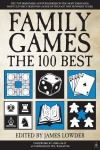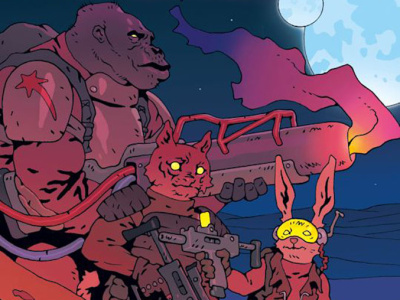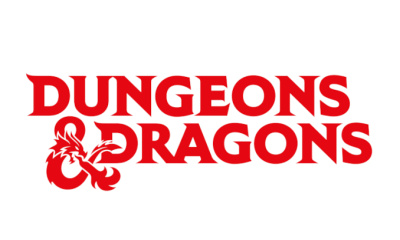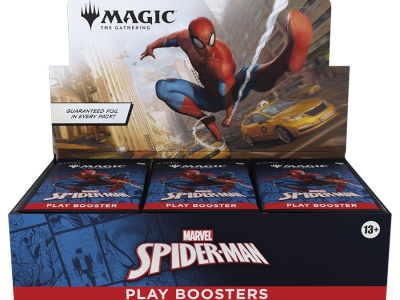 Rolling for Initiative is a weekly column by Scott Thorne, PhD, owner of Castle Perilous Games & Books in Carbondale, Illinois and teaches marketing at Southeast Missouri State University. This week, Thorne looks at books about games.
Rolling for Initiative is a weekly column by Scott Thorne, PhD, owner of Castle Perilous Games & Books in Carbondale, Illinois and teaches marketing at Southeast Missouri State University. This week, Thorne looks at books about games.One of this week’s orders arrived yesterday and with it a couple of books I’d wanted to look through, one that has been out for a year or better and one brand new. The older book is Family Games: The 100 Best, published by Green Ronin Games back in January of 2010. The brand new book is Game Design in the Classroom, written by David Niecikowski and published by his company, Quality Time Resources. If you are not familiar with Quality Time Resources, the company helps organize the educator and librarian track of programming at the GenCon Trade Day and produces a four-page catalog, distributed by Alliance, of games that help teachers achieve educational outcomes.
Looking at Family Games first, this is a wonderful book, 380 pages of commentary by some of the top minds in the game industry (Richard Garfield, Steve Jackson, Kenneth Hite, James Ernest, Robin Laws) on what each feels is one of the most enjoyable and most cleverly designed games from the last one hundred years. Some of the choices are unsurprising. Lewis Pulsipher picks Blockus and Will Hindmarch chooses Cranium. However, there are a number of rather surprising choices as well. James Ernest opts for Candy Land as a game that appeals to both 3 year olds and professional game designers, while Dale Donovan picks The Omega Virus, which Milton Bradley released in 1992 (and I remember seeing under the arm of every other attendee at that year’s GenCon) for a design that’s “so absorbing, so immersive, so well conceived that it gets right under a player’s skin.” Other games chosen include Clue, Great Dalmuti, Magi-Nation and Faery’s Tale Deluxe. Even Monopoly has a fan in Steve Jackson, who lauds the game’s combination of skill and luck as well as the fact that it has one of the first official expansions for a board game, Stock Exchange, which released in 1936 and the first electron expansion for a board game, Monopoly Playmaster, released in 1982.
We did not bring Family Games in to sell though; we brought it in as a sales tool. It now has “Sales Copy” written prominently across the cover and a store stamp inside and sits on the reading table with other materials for customers to browse through. It’s the sort of book a customer can’t help but pick up and flip through, both to see what others have said about their own favorite games and to learn about games they never knew existed. We plan to use it and the Hobby Games: The 100 Best book as “silent salespeople.” So far, we have already had two people flipping through Family Games and we only put the book out less than an hour ago.
However, we brought in Game Design in the Classroom to sell, not with the expectation of selling it to our regular customers, who frankly are much more interested in playing a good game than designing one, but to the educational market of which we want a larger local share. We have used QTR’s catalogs to sell games into local schools with some success and hope to use Game Design to position ourselves as more of a resource for the educational community here. By having it in stock and featuring on an educational games display, we expect to show them that we can help satisfy their needs, especially in the area of using games to achieve various educational outcomes. At least, that’s the plan.
The opinions expressed in this column are solely those of the writer, and do not necessarily reflect the views of the editorial staff of ICv2.com.







